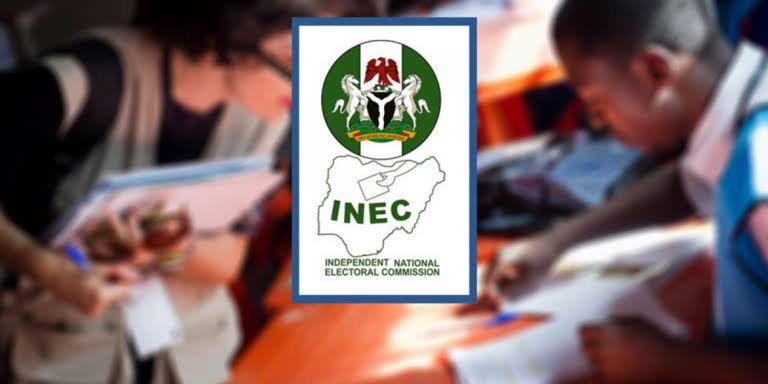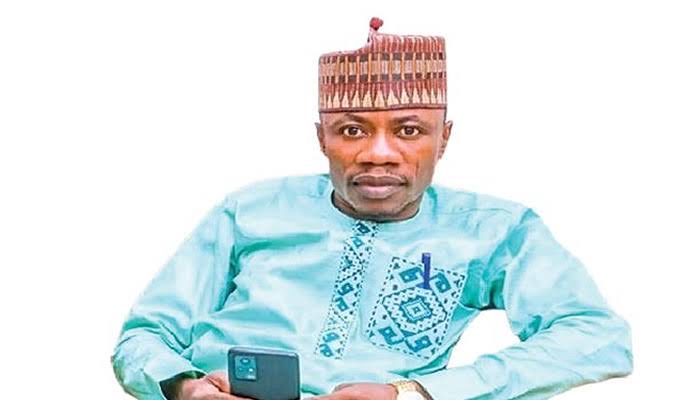Hashim Abioye, Chairman of the Osun State Independent Electoral Commission (OSSIEC), has issued a strong warning against the idea of replacing state electoral commissions with the Independent National Electoral Commission (INEC) for local government elections. Speaking at a program organized by the League of Veteran Journalists in Osogbo on Wednesday, Abioye expressed his concerns about the potential consequences of such a move.
Abioye argued that the federal government is already overwhelmed with its current responsibilities, and adding the task of conducting local government elections could exacerbate the problem. He stated, “If we hand over the responsibility of local government elections to INEC or another federal agency, we might all regret it. The federal government has its hands full already, and the states are left with little to work with.”

The OSSIEC Chairman also criticized those advocating for the elimination of state electoral commissions, suggesting that they are the same individuals who had previously mismanaged electoral processes. He emphasized the importance of keeping local government elections within the jurisdiction of state commissions, given that local governments are closest to the people and best understand their specific needs.
Abioye also touched on the Supreme Court’s recent ruling that grants local governments financial autonomy. According to the ruling, local government funds from the federal account must be administered directly by elected officials. However, Abioye highlighted that local governments are still significantly tied to state governments in terms of administration and budgetary oversight.
“The Supreme Court’s decision means that local government funds should be managed directly without passing through an intermediary. However, local governments still need the state House of Assembly’s approval for spending. This ensures that every expenditure is accounted for and aligns with the state’s budgetary plans,” he explained.

Abioye pointed out that despite financial autonomy, local governments remain dependent on state bodies for various functions. For example, local government staff are part of the state’s LG Service Commission, and state agencies manage the salaries of primary school teachers and chieftaincy affairs funded by local governments.
He further elaborated on the interconnectedness between state and local government functions, stating, “Local government operations are still closely tied to the state. The state House of Assembly approves budgets, and local government staff are technically part of state executive bodies. So, even with financial autonomy, local governments cannot function entirely independently.”
Looking ahead, Abioye assured the public that preparations for the upcoming local government elections in Osun State are progressing smoothly. He emphasized that OSSIEC is actively engaging with key stakeholders to ensure a transparent and fair election process. “We are working diligently to ensure that the election is conducted in a manner that is acceptable to all parties involved. Our goal is to uphold the integrity of the electoral process and serve the people of Osun State effectively.”
Abioye’s comments underscore the need for careful consideration of any proposed changes to the electoral system and highlight the ongoing challenges faced by local governments and electoral bodies.



































